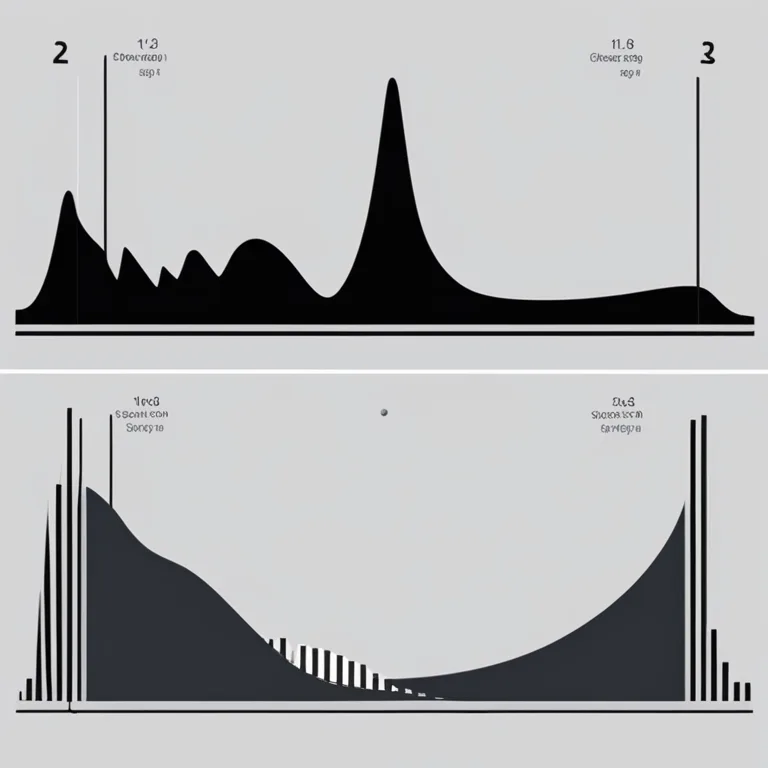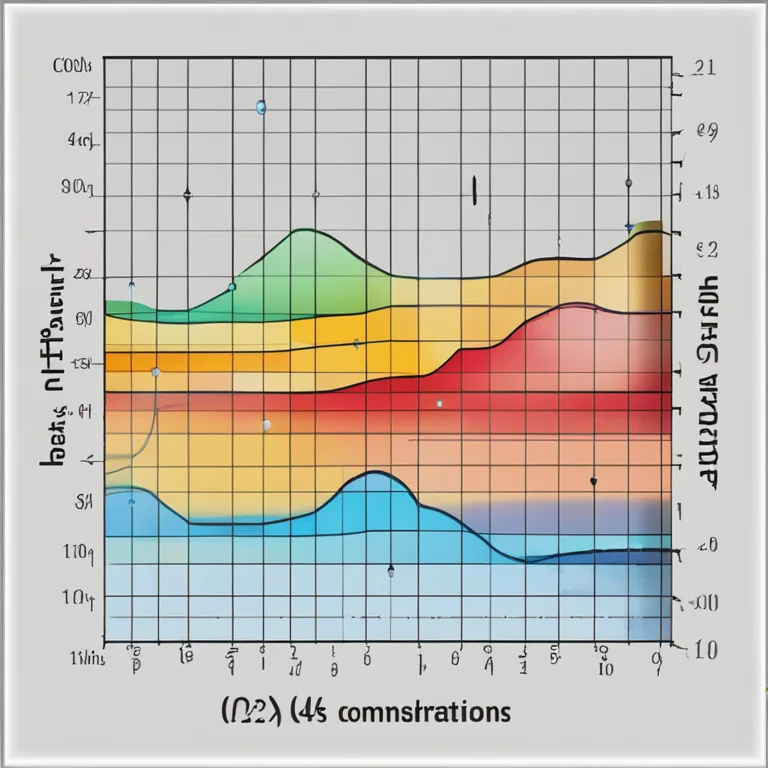
Biorhythm Insights: Patterns of Life's Peaks and Valleys
Discover the intriguing concept of biorhythms and see practical examples of how these physiological cycles might influence our daily lives.
article by Adrian Wallace
Introduction to Biorhythms
Biorhythms are a fascinating field of study that has piqued the interest of many looking for insights into their personal well-being. At their core, biorhythms are thought to be biological cycles that affect various aspects of human psychology and physiology. Mapping out these patterns can provide individuals with a better understanding of their physical, emotional, and intellectual states. Thought to be initiated at birth, these cycles purportedly influence our daily lives in a myriad of ways. Although the scientific community remains skeptical about their empirical validity, the concept of biorhythms continues to intrigue those interested in personal wellness and life optimization.

Physical Biorhythm Example
A primary component of biorhythms is the physical cycle, which lasts for approximately 23 days. This cycle is believed to influence one's strength, endurance, and overall physical state. For instance, a person might notice that they feel energetic and are able to engage in strenuous exercise around the peak of their physical biorhythm. Conversely, during the low phase of this cycle, the same individual may feel lethargic and less inclined to physical activity. By tracking this cycle, some may attempt to plan activities like workouts or physically demanding tasks to coincide with their high-energy phases.

Emotional Biorhythm Example
The emotional cycle, with a 28-day duration, is said to ebb and flow through our sense of well-being and mood stability. When someone is at the high point of their emotional biorhythm, they might experience heightened states of happiness, increased empathy, and a general sense of emotional resilience. If this peak aligns with a significant life event such as a wedding or a public speaking engagement, the person might find themselves exceptionally emotionally present and responsive. In contrast, during a low emotional biorhythm period, one may find themselves more prone to feelings of sadness or irritability. Recognizing these patterns could potentially help in preparing for emotionally taxing situations or in managing interpersonal relationships.

Intellectual Biorhythm Example
The intellectual biorhythm supposedly waxes and wanes over a 33-day period, influencing things like analytical thinking, reasoning, and memory. During the peak of this cycle, one may find their cognitive abilities to be sharper, making it an ideal time for tasks that require intense concentration or learning new skills. Conversely, during the low points of the intellectual cycle, completing complex tasks might become more challenging. Someone aware of their intellectual biorhythm might schedule important exams, interviews, or brainstorming sessions during times when they expect to be more mentally acute.

Combining Biorhythm Cycles
Beyond observing individual cycles, some biorhythm enthusiasts advocate for the analysis of the interplay between physical, emotional, and intellectual rhythms. For example, a day when all three cycles are at a high point could be an excellent opportunity for all-around peak performance, whereas a day with all three at low points might be a good time to rest and recuperate. By combining all three cycles, individuals can potentially gain a more nuanced understanding of their holistic well-being and make lifestyle adjustments accordingly.
Technological Innovation and Biorhythms
Advancements in wearable technology and mobile applications have made tracking these cycles easier and more integrated into everyday life. In 2024, with the proliferation of health-focused AI and data analytics, there's a possibility that more personalized and accurate biorhythm tracking tools could emerge. This evolution might present intriguing prospects for those interested in tailoring their activities to their personal cycles, further popularizing the concept of biorhythms in the digital wellness space.
The Skeptic's View
Despite the interest in biorhythms, it's crucial to mention that many scientists question the validity of these rhythms and their impact. While anecdotal evidence suggests that some individuals find value in tracking their biorhythms, there lacks significant empirical support to confirm their effects. As such, while biorhythms can be a fascinating personal exploration, it's recommended to engage with the concept critically and complement any biorhythm-based decisions with scientific evidence and personal health knowledge.
Published: 12/28/2023
Modified: 12/28/2023
More predictions
Come back here soon to learn more about yourself and your future


Biorhythm Compatibility & Birthdays
Discover the intriguing connection between your birthday biorhythms and relationship harmony in our insightful article.


Navigating Biorhythm Cycles
Explore the concept of biorhythms, their cycles, and examples of how they influence our daily lives.


Exploring Human Biorhythmic Cycles
Explore the fascinating concept of biorhythms and their influence on physical, emotional, and intellectual faculties in humans.